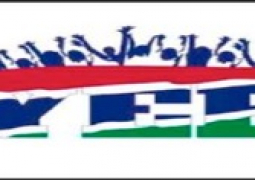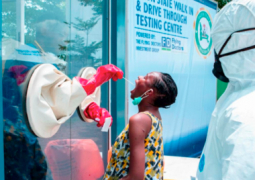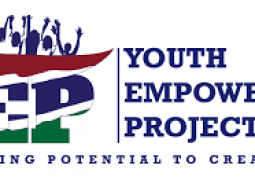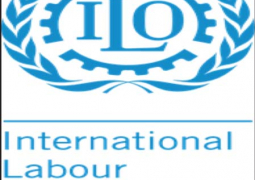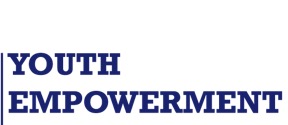
The project aims to promote the economic and social inclusion of the most vulnerable sections of the population, by building their capacities and productivity to enable them to take advantage of the economic opportunities offered by agricultural value chains to play a full part in the country's economic transformation.
The project is needed to reduce the level of vulnerability of the Gambian population, which has been exacerbated by the COVID-19 pandemic.
The project will adopt a comprehensive approach to address the multidimensional aspects of vulnerability and poverty.
It will also help to reduce gender inequalities, by providing better economic and social opportunities for girls and women, and by reducing the social expectations of young men as providers of household resources.
In addition, the project will contribute to strengthening the country's resilience by addressing some of the main factors of fragility. The project has three components
The project is set to support young people and women's empowerment for equitable access to jobs and livelihoods.
The project is also expected to improve inclusive access to basic social services.
The project development objective is to promote livelihoods and access to basic social services such as health, nutrition, social protection and education services for people in rural areas, especially out-of-school youth and women.
Overall, the project will create jobs and improve the quality of jobs and livelihood for vulnerable women and out-of-school youth in rural areas.
The project will improve the use and access to better and inclusive basic social services.
The main beneficiaries of the economic empowerment component are vulnerable youth and women (about 2,000 direct beneficiaries and 1,000 TVET students every year).
Both male and female out-of-school youth and returning migrants will be specifically targeted. As for women, the criteria will be defined to ensure that those in vulnerable situations are prioritised by the project.
The main beneficiaries of the component on access to basic social services are all the populations in the covered LGAs (children, youth, women, and men), as the component will include rehabilitation and equipment of health centres and gender transformative social behavioural change activities.
The project will reach directly at least 82,221 people of whom at least 50% are expected to be women in the three Local Government Areas (LGAs).


